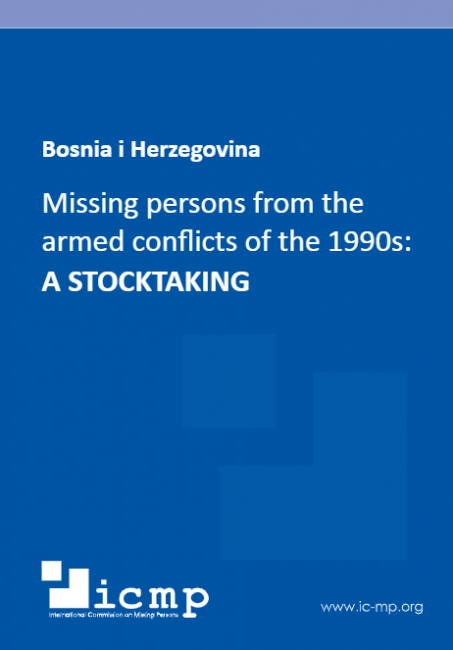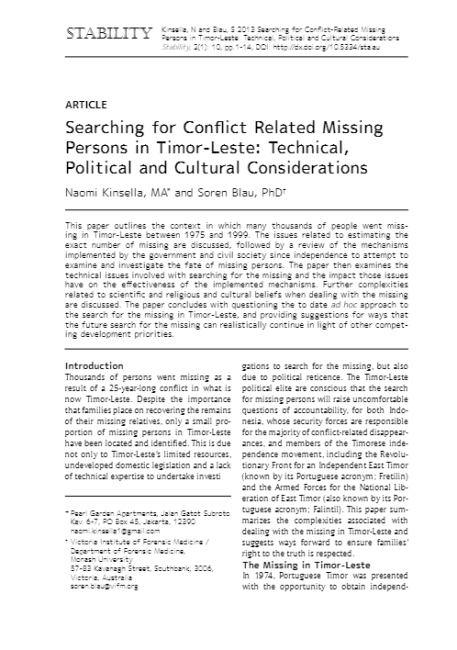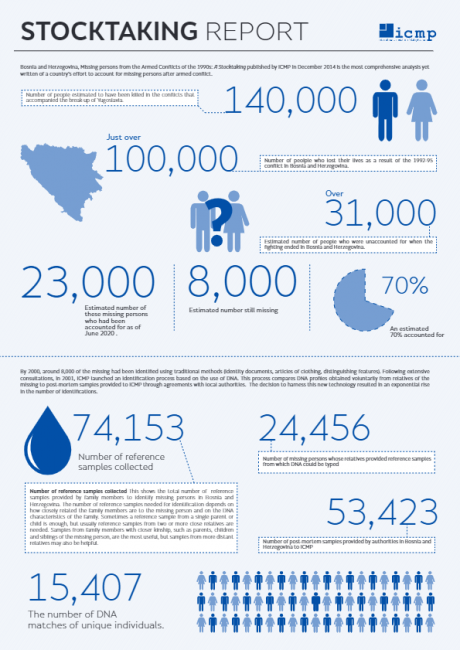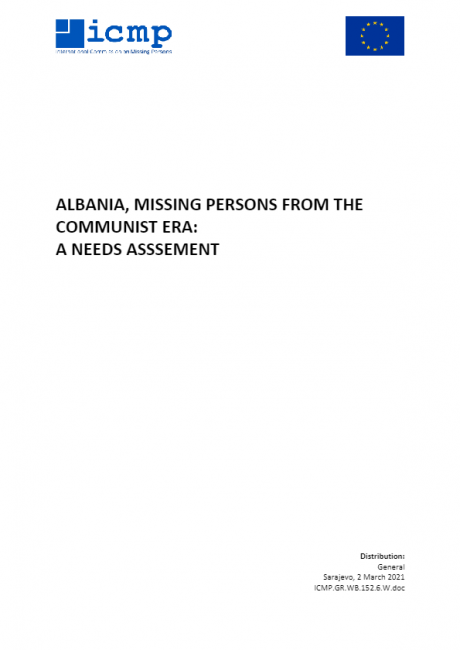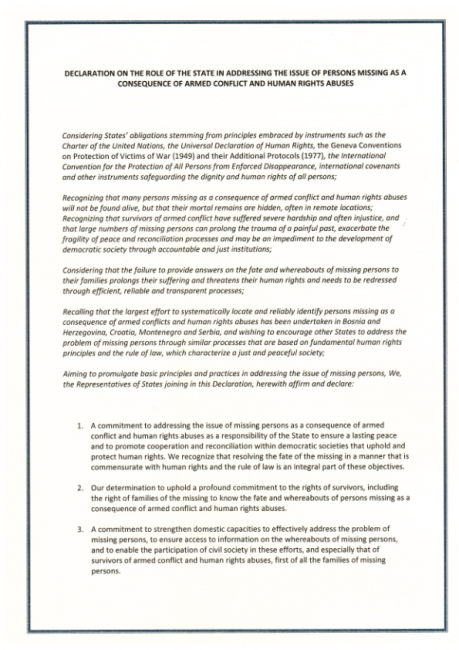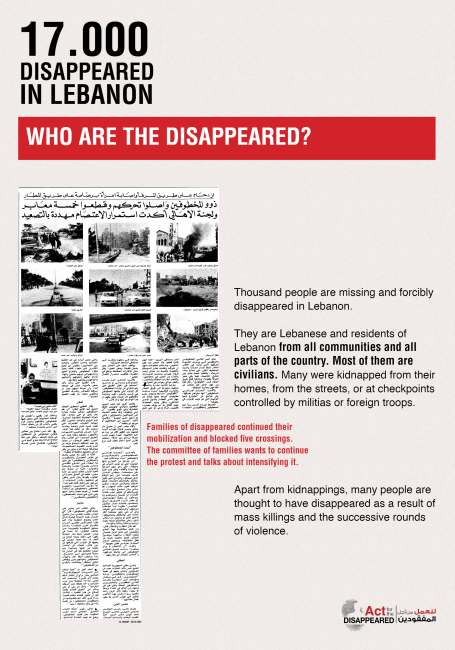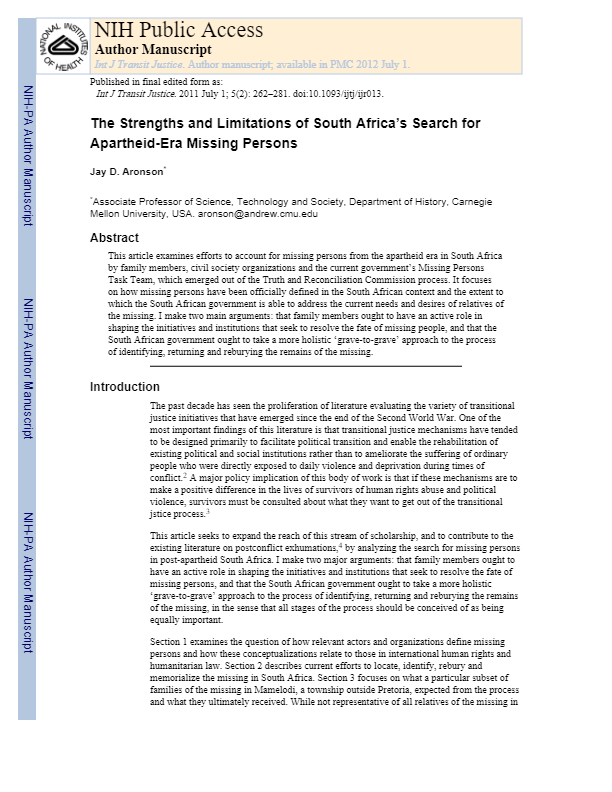
The Strengths and Limitations of South Africa's Search for Apartheid-Era Missing Persons
This article examines efforts to account for missing persons from the apartheid era in South Africa by family members, civil society organizations and the current government's Missing Persons Task Team, which emerged out of the Truth and Reconciliation Commission process. It focuses on how missing persons have been officially defined in the South African context and the extent to which the South African government is able to address the current needs and desires of relatives of the missing. I make two main arguments: that family members ought to have an active role in shaping the initiatives and institutions that seek to resolve the fate of missing people, and that the South African government ought to take a more holistic ‘grave-to-grave’ approach to the process of identifying, returning and reburying the remains of the missing.


